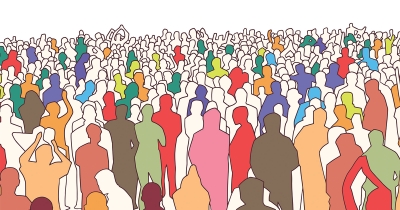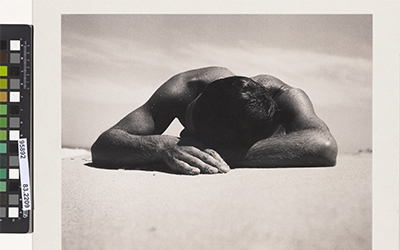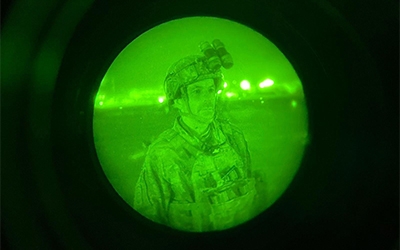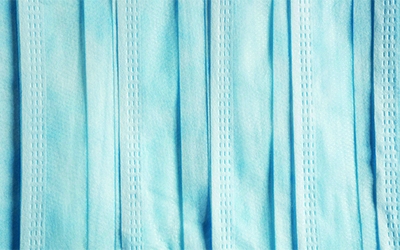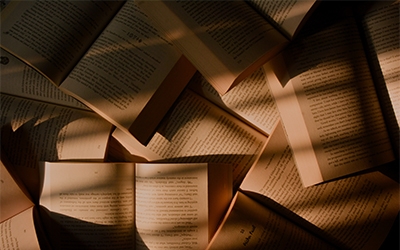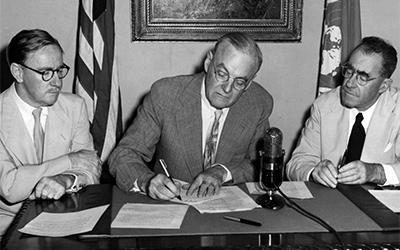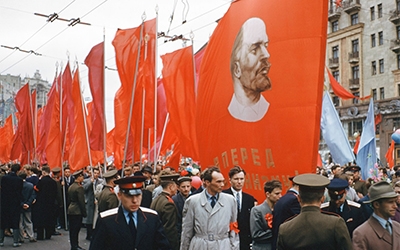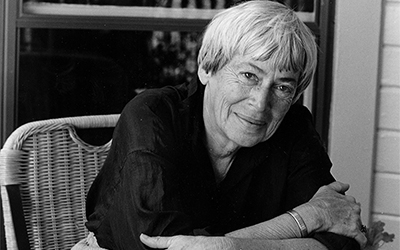Commentary
We can learn much about a culture by listening to how it talks about its art. The way non-white writers, for want of a better phrase, tend to be reviewed in Australia tells us a lot about how we determine cultural value. Some reviewers place a premium on the author’s biography – her identity – rather than on her work itself. The reviewer avoids critical engagement with the text in favour of a kind of reverential praise of its political messaging.
... (read more)On 19 November 2021, a delegation of Wurundjeri Woi-wurrung community leaders and prominent local non-Indigenous representatives presented a letter to Moreland City Council, in the inner-northern suburbs of Melbourne, asking that the Council be renamed. As the petitioners pointed out, Moreland – a name given to parts of the area in 1839 by Scottish settler Farquhar McCrae and then adopted by the local Council in 1994 – was the name of a Jamaican slave plantation to which McCrae’s family had a connection.
... (read more)Max Dupain, one of Australia’s most accomplished photographers, was filled with self-doubt. He told us so – repeatedly – in public commentary, especially during the 1980s, in the last years of his life. It is striking how candid he was, how personal, verging on the confessional, and how little attention we paid to what he said, either during his lifetime or since (he died in 1992, aged eighty-one).
... (read more)When the last C-17 cargo plane left the Hamid Karzai International Airport on 30 August with the remaining US soldiers and diplomats, America’s longest war officially came to a close. The swift return of the Taliban was a deeply distressing and tragic end to a war whose close, nevertheless, came partly as a relief. The inevitable question as to what lessons America – more particularly, its military and federal government – has learnt or should learn was followed by substantial criticism of President Joe Biden’s handling of the withdrawal and dire predictions for the future of American power and prestige abroad. The process of confronting uncomfortable realities and debating the meaning of such an event is both natural and necessary, yet the history of previous American conflicts overseas tells us that the period of actual reckoning will be brief and few lessons may be learnt.
... (read more)In the allegory of the cave, Plato hypothesised the birth of the philosopher as one who emerged from the darkness of illusion into the light of truth. In the dark days of the Covid-19 pandemic, philosophers are finding a platform, mostly in the press, indicative perhaps that we need an interpretation of what is happening around us beyond that offered by the media and daily conferences. As with Plato’s philosopher, what they have brought back is not necessarily what we wanted to hear, and some have been threatened with pariah-like status for views that sometimes run counter to the prescribed consensus. This was certainly the case with Italian political philosopher Giorgio Agamben.
... (read more)Because my background is academic (and in English studies), certain disciplinary conventions still find their way into my review writing. In fact, it’s hard for me to think of my reviewing as reviewing rather than as criticism in that more university-bound sense: that is, as having something to do with the art of interpretation. It may help that most of the books I review – works of contemporary poetry and literary criticism – are considered ‘hard’ or at least esoteric, and thus in need of a little explaining. The persona I hear most recognisably in my journalistic prose is that of my former lecturer-self (a good lecture, like a good review, strikes the right balance between granular analysis and makeshift generalisation). I suppose I still think of the primary goal of my reviewing as teaching something about how to read.
... (read more)In early September, the High Court of Australia handed down its decision in Fairfax Media Publications v Voller. The case attracted significant public attention in Australia due to the high profile of the plaintiff. It also attracted not only national but international attention, due to the nature of the central issue: are media outlets liable for the comments posted on their public Facebook pages by third parties?
... (read more)Surely it wasn’t meant to be like this. In early September, Prime Minister Scott Morrison was set to attend a lavish ceremony in Washington to mark the seventieth anniversary of the signing of the ANZUS Treaty. On the same trip, he was due to sit down in person for the first time with his US, Indian, and Japanese counterparts, fellow members of the ‘Quadrilateral Security Dialogue’, or ‘Quad’, a gathering primed to be a regional counterweight to China.
... (read more)The real estate agent told me not to bother cleaning the house. All the serious buyers would be developers, he said: they’d only knock it down. They’d cut down the row of feijoas and the Japanese maple and build all the way to the fence on three sides. And they’d go up, of course, to take advantage of the views. A corner block on the highest hill in the inner east? Tell your dad he’s laughing.
... (read more)In her 1976 essay ‘The Space Crone’, Ursula K. Le Guin imagines the highly advanced aliens of Altair landing on Earth. Politely, they seek a human being to accompany them on their long journey home so that they may ‘learn from an exemplary person the nature of the race’. As a palliative care doctor, I often ponder what constitutes an exemplary life, so my choice of Space Crone may not be a conventional one.
... (read more)
